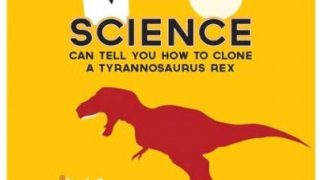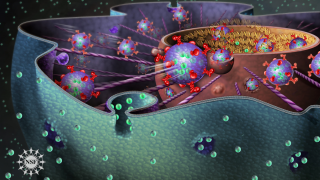
Resurrection plants: surviving in lifeless environments
The Sahara is the world’s largest hot desert covering about one quarter of the African continent. The sun is constantly up and makes some spots in the Sahara the hottest and driest on Earth, with average highest temperatures above 38 degrees Celsius and very low, if any, annual rainfall. As fresh water dwindles, most of […]


